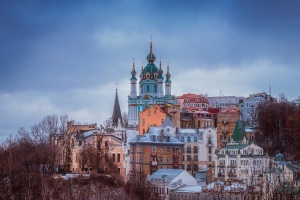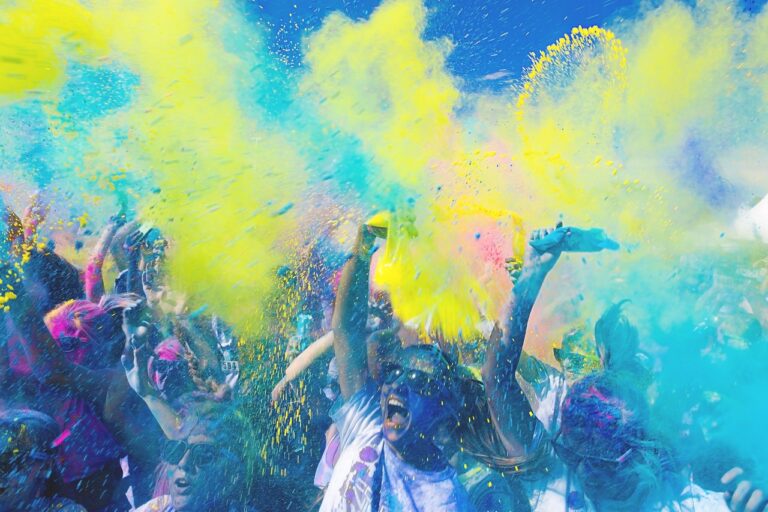
WHO Director-General Dr Tedros Adhanom Ghebreyesus and WHO Regional Director for Europe Dr Hans Henri P. Kluge call for critical medical supplies to safely reach those who need them, and are working with partners to establish safe transit for shipments through Poland
Geneva/Copenhagen/Kyiv: The oxygen supply situation is nearing a very dangerous point in Ukraine, the World Health Organization warned today. It said trucks were unable to transport oxygen supplies from plants to hospitals across the country, including the capital Kyiv. The majority of hospitals could exhaust their oxygen reserves within the next 24 hours. Some have already run out. This puts thousands of lives at risk.
Further, medical oxygen generator manufacturers in several areas are also facing shortages of zeolite, a crucial, mainly imported chemical product necessary to produce safe medical oxygen. Safe deliveries of zeolite from outside Ukraine to these plants is also needed.
Compounding the risk to patients, critical hospital services are also being jeopardized by electricity and power shortages, and ambulances transporting patients are in danger of getting caught in the crossfire.
In recent years, with WHO support, Ukraine had made significant strides in strengthening its health systems under an ambitious health reform programme. This included the rapid scale-up of oxygen therapy capacity for severely ill patients during the COVID-19 pandemic. Of the over 600 health facilities nationwide assessed by WHO during the pandemic, close to half were directly supported with supplies, technical know-how and infrastructure investments, enabling health authorities to save tens of thousands of lives.
This progress is now at risk of being derailed during the current crisis.
WHO is helping health authorities identify the country’s immediate oxygen supply surge needs, assuming a 20% to 25% increase over previous needs before the crisis escalated last week.
Also read: War in Ukraine: Russian offensive is unabated as talks fail
During the crisis in Ukraine, health must remain a priority pillar of the humanitarian response, with health systems and facilities remaining protected, functional, safe and accessible to all who need essential medical services, and health workers protected so they can continue to save lives
This must include the safe and reliable provision of essential medical supplies, including life-saving medicinal oxygen supplies, which are crucial for patients with a range of conditions, including those with COVID-19 (which number 1,700 in hospital now), and those with other critical illnesses (from neonates to older persons) stemming from complications of pregnancy, childbirth, chronic conditions, sepsis, and injuries and trauma.
Despite the challenges posed by the current situation, WHO is working to ensure a supply of oxygen-related medical devices and trauma treatment supplies.
To achieve this, WHO is actively looking at solutions to increase supplies that likely would include the importation of oxygen (liquid and cylinders) from regional networks. These supplies would need safe transit, including via a logistics corridor through Poland. It is imperative to ensure that lifesaving medical supplies – including oxygen – reach those who need them.
In the meantime, Japan today announced that it will stand with the European Commission, France, Germany, Italy, the United Kingdom, Canada, and the United States to isolate Russia from the international financial system and our economies. Following Japan’s announcement, the entire G7 now supports disconnecting selected Russian banks from SWIFT, restrictions on the Russian Central Bank, and sanctioning key Russian leaders, including President Vladimir Putin.
The United States today announced additional humanitarian assistance of nearly $54 million for the people of Ukraine. This funding included nearly $26 million from the Department of State and $28 million from the U.S. Agency for International Development.
The United States is one of the largest humanitarian donors to Ukraine, and our humanitarian assistance now amounts to nearly $405 million to vulnerable communities since Russia invaded Ukraine eight years ago.
Israel’s Prime Minister, Naftali Bennett today spoke with Russian President Vladimir Putin this afternoon (Sunday). The two discussed the situation between Russia and Ukraine.
In the next two days a plane will arrive in Ukraine with 100 tons of Israeli humanitarian aid for the civilians in the combat zones. It will include water purification kits, medical equipment, drugs, tents, blankets, sleeping bags and additional equipment for civilians who are not in their homes during this cold winter.
Meanwhile, reports suggested horrors faced by Ukrainian citizens in wake of the bombarding of civilian targets. It included heart-rending tales of women and children taking shelter under the cover of basements besides overcrowded metro stations that witnessed the student community attempting to reach safer quarters.
While the humanitarian crisis in Ukraine plays out in full world view, the European block has gone on an overdrive to impose crippling economic sanctions on Russia including, alienating it from SWIFT transactions.
There were also reports of Russia targeting the Ukrainian oil and energy supply infrastructure including pipelines that extend across its borders with neighbouring countries.
The bombing and areal attacks continued and extended to Ukrainian cities that were close to its capital Kyiv. The worst affected were the foreign students and those working in IT parks near the capital.
The German surface to air Stinger missiles in addition to artillery support from the Netherlands and financial aid from the United States has kept the Ukrainian hopes of defending their territories alive.
Moreover, scores of young civilians have volunteered to support the Ukrainian army with food supplies, blood donation camps and other civilian logistic operations. The situation on the ground was reminiscent of Kuwaitis receiving training to launch a local resistance movement when under Iraqi occupation.
– global bihari bureau (with additional inputs from Venkatesh Raghavan





